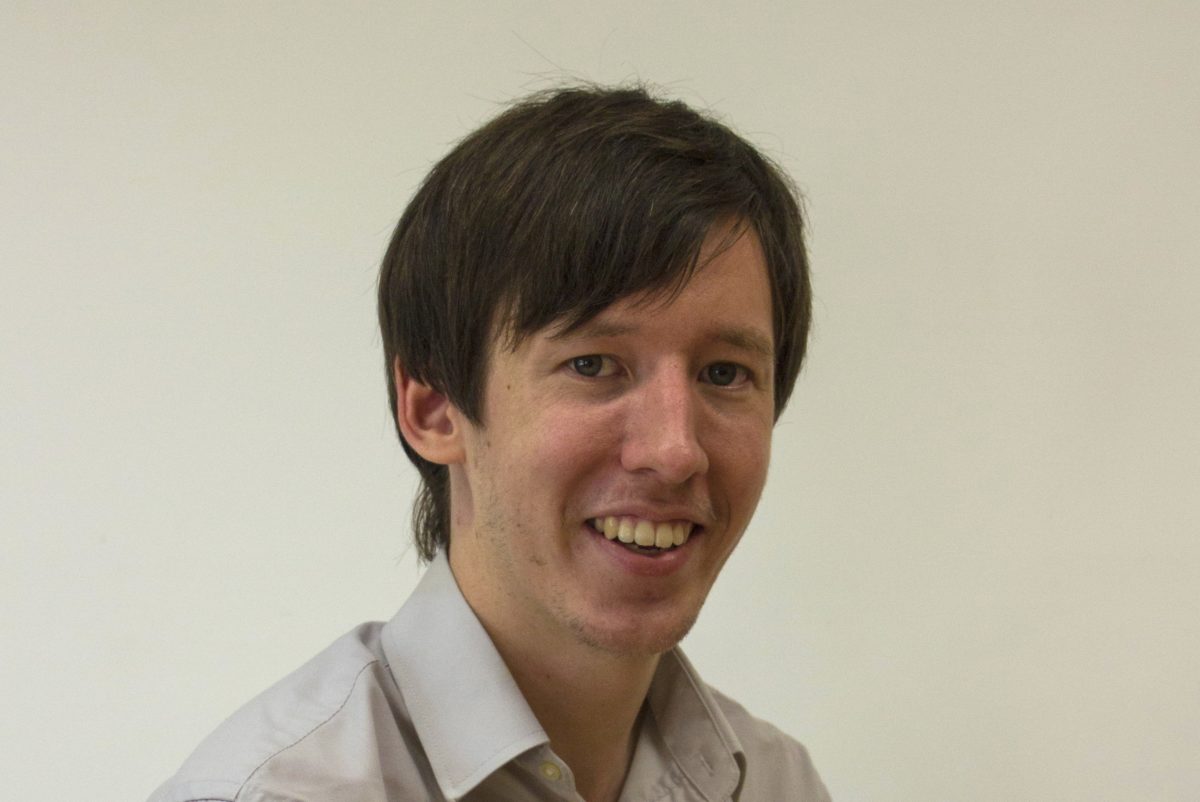At The Undercurrent, we recently launched the second iteration of #CapitalistAndProud, our national initiative rallying college students to write to their campus papers explaining why they support capitalism. We’ve committed to posting well-written submissions on the TU blog.
* * *
The following is a letter to the editor from Collin Holloway, a Sophomore studying Classical Guitar at the Eastman School of Music in Rochester, NY.
As a college student, I’ve been surrounded by the increasingly popular belief that the United states should strive for socialism as an economic system. This economic revolution has been preached by Democrats like Bernie Sanders, who advocate for “democratic socialism,” calling for federal action to make higher education free. In addition, most students hear about the horrors and injustices of capitalism. This is by far the most prevalent opinion of capitalism heard on campuses across the nation.
I completely disagree with this opinion. Our current economic system is undoubtedly flawed, but capitalism is the only economic system that acknowledges the right of the individual to pursue their own happiness. Although our economy has digressed into a sort of pseudo-capitalism as a result of government favors, intervention, and regulation, we still enjoy many of the benefits of capitalism today. In short, capitalism enables me to pursue my own path of study, career, and life because it recognizes the mind of the individual and rewards those who are good at what they do. I am capitalist and proud because capitalism allows me to pursue a career that I love—playing the classical guitar. There are three principles of capitalism that allow me to pursue my happiness.
First, is the moral principle that my life is my own and I am obligated to no one.
Under capitalism, I have no responsibility to take care of anyone but myself. Because this is the case, all of my time, effort, and resources are put toward supporting myself and expanding my ability. This means I am able to dedicate my time to practicing and expanding my knowledge of the guitar. In turn, this freedom also allows me to take care of those I love because I lead a more productive and rewarding life. Simply put, my time, mind, and money are mine to use as I see fit because capitalism acknowledges that the individual is responsible solely for himself.
Second, capitalism recognizes my ability to use my mind by rewarding achievement, allowing me to create a career as a guitarist.
Laissez-faire capitalism is in essence a meritocracy, as those who have created a superior product, or in my case a better performance, are those who receive more money, recognition, and additional benefits. This is due to the principle that everyone in a capitalist society is free to trade with who they wish, making the superior product or skill more sought-after.
Underling this economic principle is a morality that acknowledges the human mind. Accomplishment is preceded by thought, so the only way to rise in a capitalist society is through the use of your mind to reach or create an accomplishment. In my case, I must use my knowledge to create genuine artistry. For example, if I aim to play a piece at a superlative level, I must put an inordinate amount of work into this process. Major aspects of the process include studying the music score and understanding how to practice correctly. Studying the score requires knowledge of music theory and practice requires a working knowledge of the guitar as well as a strict personal discipline. I will only play at a high level once I have mastered the correct knowledge and have applied it correctly. It is capitalism that has set the moral and economic framework in place which allows me to succeed by using my mind.
Lastly, through the economic principle of free trade, I have the opportunity to choose where I want to study and in turn pay for a better education.
For obvious reasons, I want to study at a school that provides a superior level of education. Last year, I was accepted into all of the colleges I applied to, allowing me to choose where I would go. The schools varied in price, and generally speaking, the colleges that cost less did not provide the level of education that the colleges that cost more did. (According to the rankings of the U.S. News in 2015, the top 20 colleges in the nation are private schools, except for #20, which are more expensive than public schools). Because the economic principle of free trade is in place, I could choose the school that would provide a superior education. In turn, this education will greatly strengthen my ability as a musician, improving my chances of accomplishing my career goals—this is an opportunity created by capitalism.
Thanks to the moral and economic opportunities capitalism has afforded me, I am currently pursuing a career as a classical guitarist. Because capitalism recognizes the use of my mind, obligates me to no one, and allows me to pay for a better education, I can pursue my passion and lead a rich, productive, and, most importantly, happy life. That is why I am capitalist and proud.
* * *
#CapitalistAndProud pieces that are published in student publications by 11/30/16 will be eligible to win $1000 in the Ayn Rand Institute’s “Campus Writing Contest.” Well-written submissions will be published on the TU blog, and at least one outstanding entry will be included in the fall edition of our print magazine. All submissions should be sent to editors@the-undercurrent.com. Don’t forget to comment on Facebook or tweet us @tundercurrent to let us know why you’re #CapitalistAndProud!





